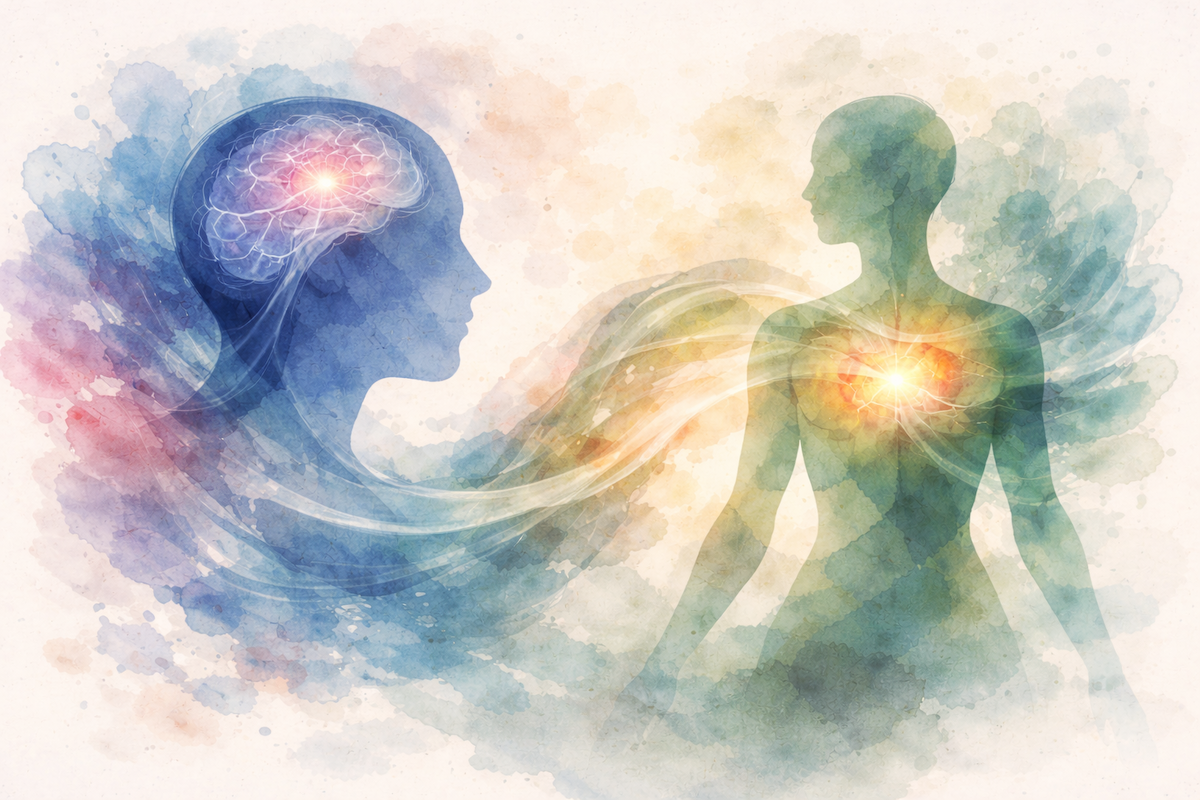Side Effects of Opioid + Opiate Addictions
Opiate and opioid addiction can negatively affect physical, mental, and social well-being.
Physical effects
Prolonged use of opiates and opioids can lead to physical health problems. These may include constipation, respiratory depression, decreased heart rate, low blood pressure, and an increased risk of infections, particularly if the drugs are injected.
Mental and emotional effects
Opiate and opioid addiction can impact mental health and emotional well-being. Individuals may experience mood swings, irritability, anxiety, depression, and impaired cognitive function. Opiate and opioid abuse can also increase the risk of overdose and associated complications.
Behavioral changes
Addiction to opiates and opioids often leads to significant changes in behavior and lifestyle. Individuals may prioritize obtaining and using these drugs and neglect personal responsibilities, relationships, and overall well-being. They may engage in risky behaviors like doctor shopping or obtaining drugs from illicit sources.
Social consequences
Opiate and opioid addiction can strain relationships with family, friends, and loved ones. It may lead to social isolation, financial difficulties, legal problems, and a loss of employment or educational opportunities.
Side Effects of Opioid + Opiate Addictions
Opiate and opioid addiction can negatively affect physical, mental, and social well-being.
Physical signs
Individuals may exhibit physical signs of opiate and opioid addiction, such as constricted pupils, drowsiness, slowed breathing, nodding off, and poor coordination.
Behavioral changes
Opiate and opioid addiction often result in noticeable behavioral changes. Individuals may exhibit secretive behavior, changes in social circles, decreased motivation, and a preoccupation with obtaining and using these substances. They may also engage in deceptive behaviors to maintain their addiction.
Psychological symptoms
Opiate and opioid addiction can affect mental health and emotional well-being. Individuals may experience mood swings, anxiety, depression, irritability, and unease when not using the drugs.
Withdrawal symptoms
Individuals dependent on opiates or opioids may experience withdrawal symptoms when attempting to stop or reduce their drug use. Withdrawal symptoms can include flu-like symptoms, nausea, vomiting, muscle aches, anxiety, and intense drug cravings.
If you or someone you know is experiencing these symptoms seek professional help to address the issues.
Opiate + Opioid Addiction Treatment
Fortunately, there are effective treatment options available for opiate and opioid addiction. Seeking professional help from a reputable opioid addiction center can provide support and guidance throughout recovery.
Detoxification
The first step in treatment is often opioid detox, where the body is weaned off opiates or opioids under medical supervision. This process helps manage withdrawal symptoms and ensures the safety and comfort of the individual.
Medication Assisted Treatment (MAT)
Medical professionals prescribe appropriate medication as part of a comprehensive treatment plan to help individuals manage withdrawal symptoms, reduce cravings, and prevent relapse. Common medications used for opioid addiction treatment include methadone, buprenorphine, and naltrexone.
Counseling and behavioral therapies
Counseling and behavioral therapies play a crucial role in addressing addiction’s psychological and behavioral aspects. These therapies help individuals develop coping skills, identify triggers, and develop healthier ways of managing stress and emotions.
Supportive services
Opiate and opioid addiction treatment often involve additional supportive services to enhance recovery. These may include support groups, vocational training, educational programs, relapse prevention strategies, and assistance with housing and employment.
More about our services
What is an Opiate + Opioid Addiction Center?
An opiate and opioid addiction center is a specialized facility that provides comprehensive care and support to individuals struggling with opiate and opioid addiction. These centers have a team of experienced professionals specializing in addiction treatment, including doctors, therapists, counselors, and support staff. Here’s what you can expect from a reputable opiate and opioid addiction center like Steps to Recovery:
Individualized treatment plans
A thorough assessment is conducted to understand the unique needs of each individual. Based on the assessment, an individualized treatment plan is developed, incorporating various therapeutic approaches to address the specific process addiction.
Holistic approach
Opiate and opioid addiction centers often take a holistic approach to treatment, addressing the physical, mental, and emotional aspects of addiction. They may incorporate alternative therapies such as yoga, mindfulness practices, art therapy, and recreational activities to promote overall well-being and healing.
Safe and supportive environment
Opiate and opioid addiction centers provide a safe, supportive area where individuals can focus on their recovery. These centers are free from triggers and temptations associated with drug use, allowing individuals to develop new coping skills and healthy habits.
Continuum of care
Recovery is a lifelong journey, and a reputable opiate and opioid addiction center recognizes the importance of ongoing support. They offer a continuum of care, including aftercare programs, relapse prevention strategies, and ongoing support to help individuals maintain their sobriety and navigate life’s challenges after treatment.
If you or someone you know is struggling with opiate or opioid addiction, do not hesitate to seek help from a reputable opiate and opioid addiction center. Remember, recovery is possible, and with the proper support and treatment, individuals can overcome addiction and reclaim their lives.





